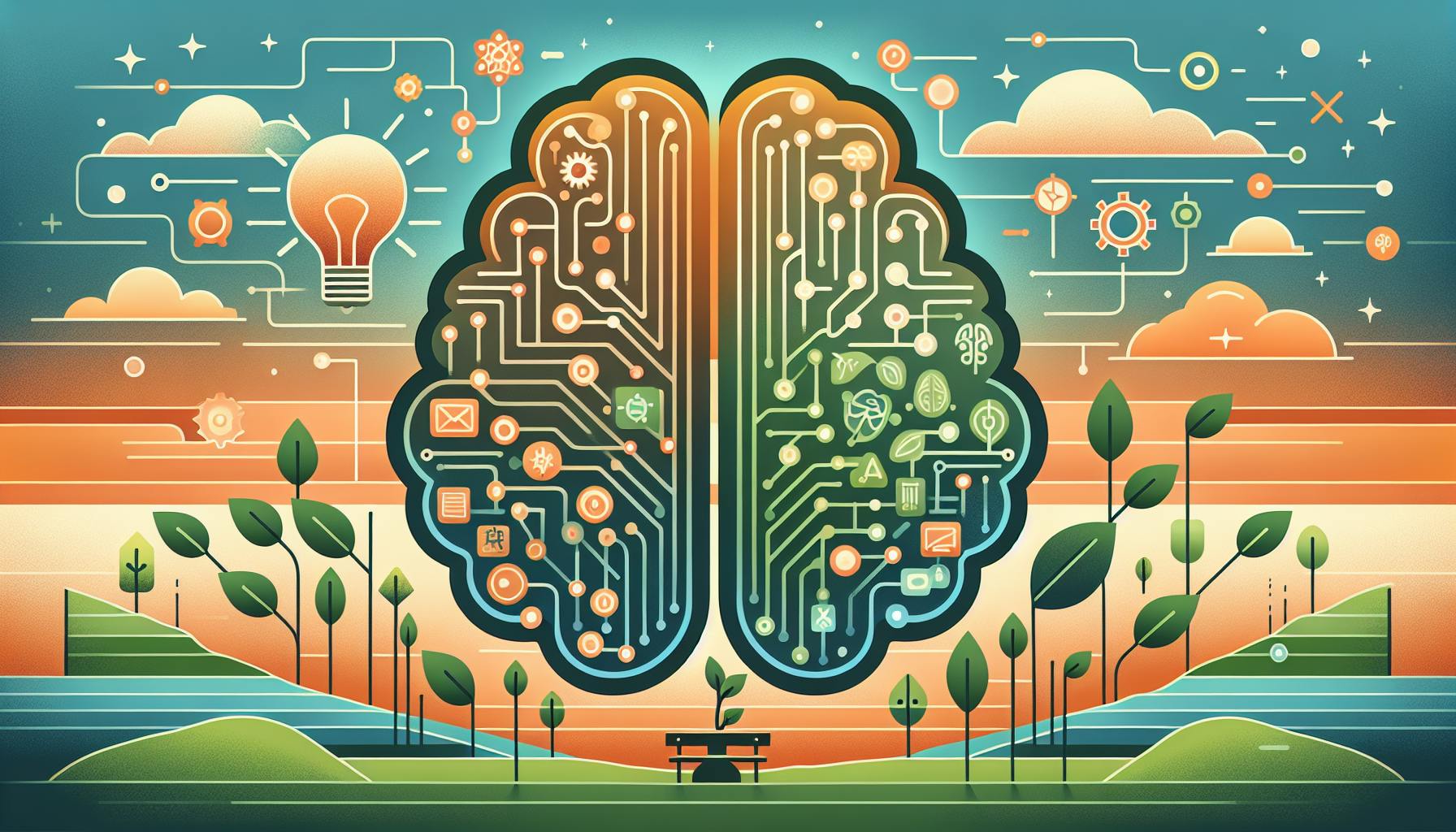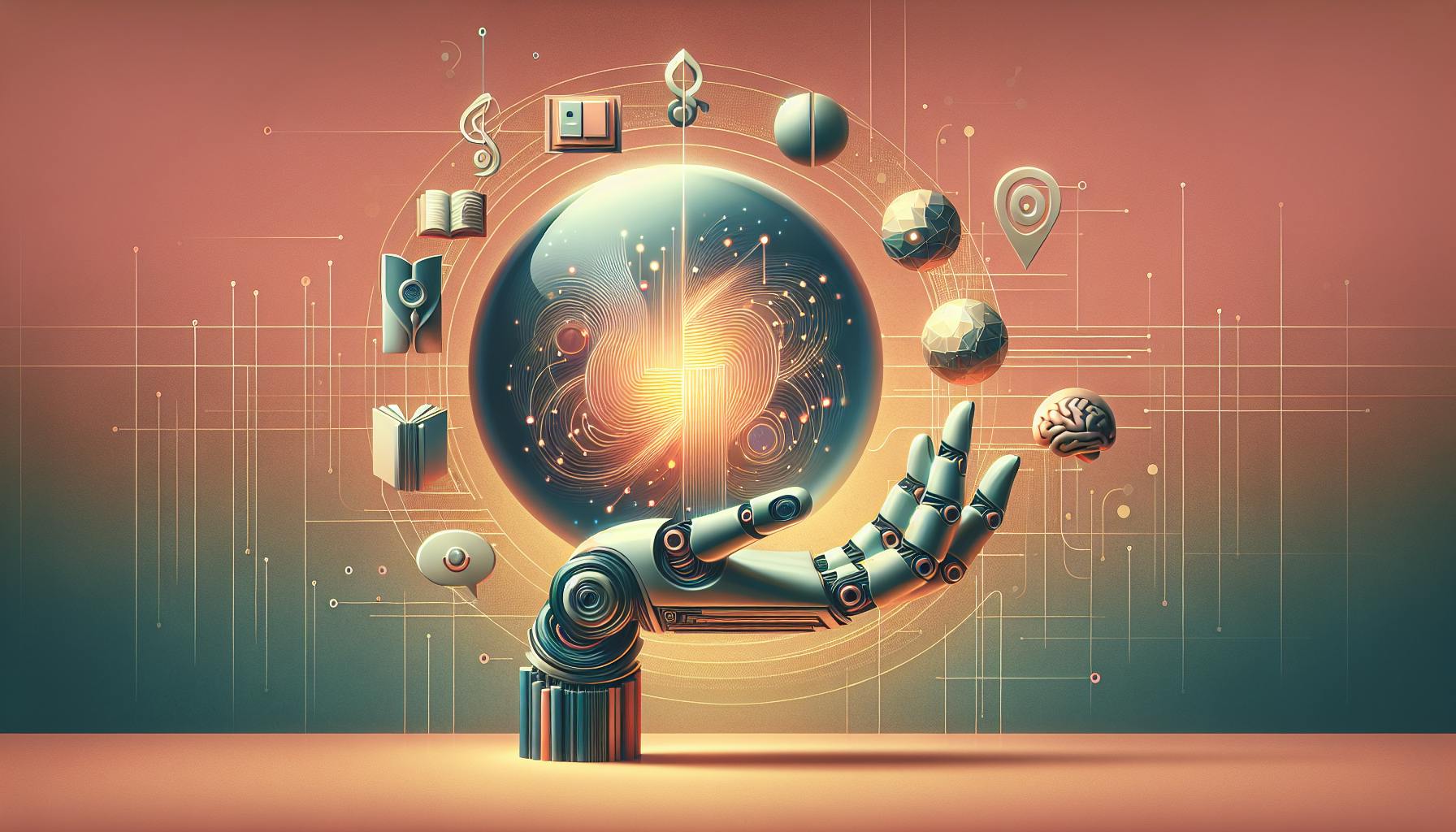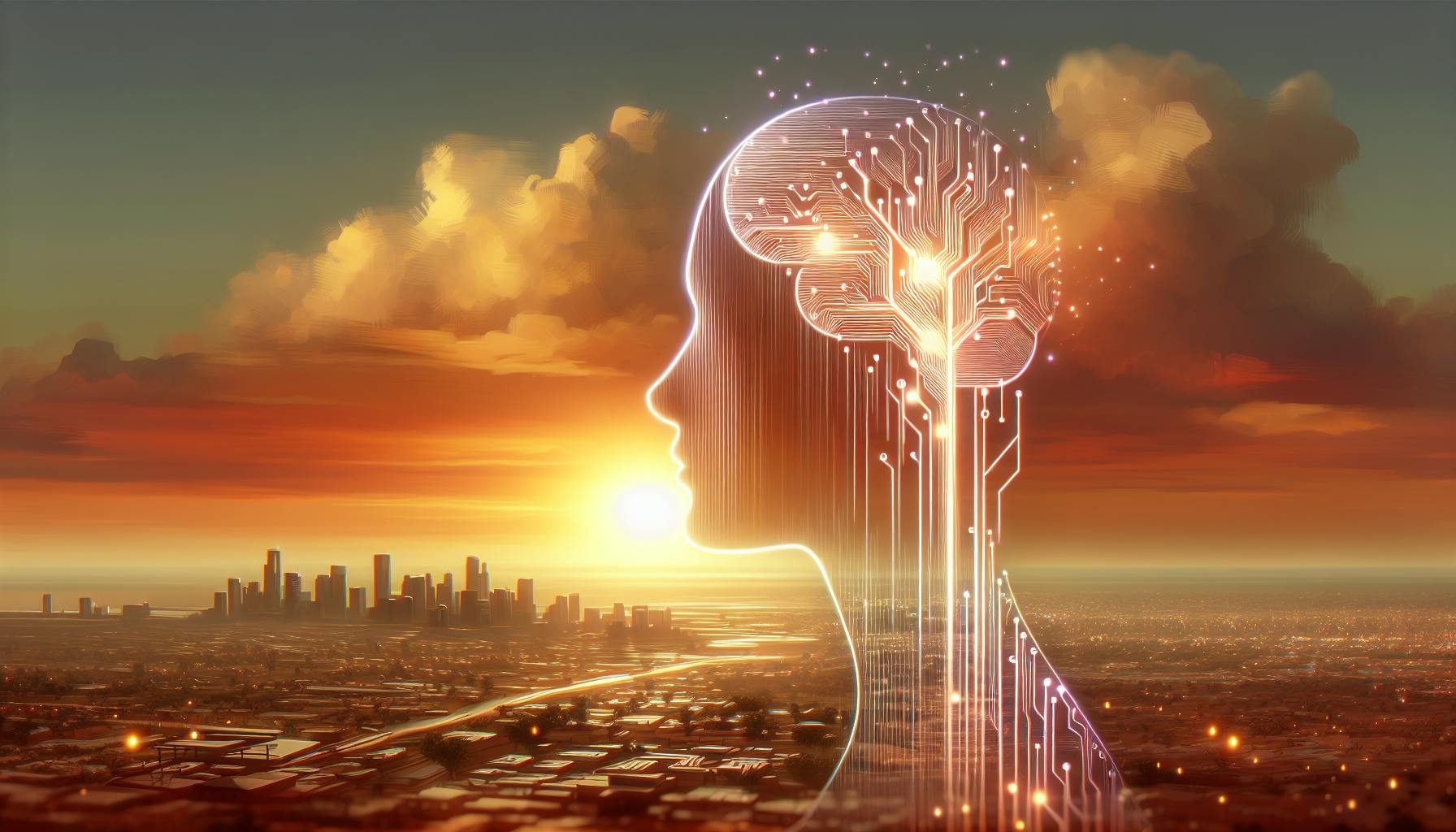Introduction: The Rise of Specialized AI Assistants
The introduction of ChatGPT by Anthropic has sparked tremendous excitement around conversational AI. Its ability to engage in natural dialogue and generate human-like text is certainly impressive. However, as a generalist model without specific skills, ChatGPT also faces limitations. Users quickly find it struggles with tasks requiring real-world knowledge, logic, and niche expertise.
This gives rise to the demand for specialized AI assistants customized for individual use cases. Also called custom AI or personalized AI, these chatbots are fine-tuned on domain-specific data to unlock new capabilities. For instance, a medical chatbot trained on patient records could provide diagnostic assistance. An AI paralegal could summarize legal documents and point out contractual issues. The possibilities are vast.
In this comprehensive guide, we’ll explore the burgeoning world of custom AI assistants for ChatGPT. You’ll learn guidelines for selecting the right niche chatbot, evaluating relevance and accuracy, and thoughtfully implementing specialized AI in human-centric workflows. With the ability to address limitations of generic chatbots, custom AI promises to augment human creativity and productivity in exciting new ways.
Understanding ChatGPT: Strengths and Limitations
To appreciate the value of custom AI, let’s examine ChatGPT itself - its impressive capabilities as well as clear constraints that specialized assistants can help address.
Key Strengths of ChatGPT
-
Conversational ability - ChatGPT has remarkable natural language processing skills to parse queries and respond conversationally on nearly any topic.
-
Text generation - It can produce high-quality text including stories, poems, code, and articles based on prompts, showcasing its creativity.
-
General knowledge - ChatGPT has broad knowledge on topics like history, science, pop culture gleaned from its training data.
-
Explaining concepts - It can break down complex ideas from physics to philosophy in an accessible way for laypeople.
-
Companionship - As an intelligent chatbot, ChatGPT can provide fun conversation about hobbies, interests, and hypotheticals.
Key Limitations of ChatGPT
-
Limited world knowledge - ChatGPT cannot discuss current events after 2021 since its training data is static.
-
No real-time fact checking - It lacks the ability to look up live data for accuracy like a search engine.
-
Hallucination risks - ChatGPT sometimes fabricates plausible-sounding but false information without comprehensive knowledge.
-
No specialized skills - As a generalist AI, ChatGPT does not have deep expertise in niche domains.
-
Not optimized for industry uses - Its utility remains limited for targeted professional applications in medicine, law, engineering, etc.
This context reveals promising opportunities for custom AI assistants that build on ChatGPT's conversational strengths while overcoming weaknesses through specialization.
The Emerging Landscape of Custom AI Assistants
Specialized chatbots aim to push boundaries beyond broad general-purpose AI like ChatGPT. Let's examine custom AI and some real-world examples:
-
Domain expertise - Custom AI is trained extensively in one field, absorbing its knowledge. For instance, Anthropic's ConstitutionalAI specializes in governance.
-
Asset generation - Assistants can be tailored to produce industry-specific output like code, marketing copy, 3D designs, and more.
-
Data analysis - Custom AI can mine, process, and visualize domain-specific data to uncover insights, trends, and predictions.
-
Personalization - Fine-tuning on an individual's data creates a personalized assistant aligned with their needs and preferences.
-
Real-time data - Integration with live databases and APIs allows custom AI to access up-to-date information.
These capabilities open up promising applications in diverse industries:
- Claude by Anthropic - Legal contract review, summarize documents
- Synthetic Student - Education, tutoring, grading
- IPs.com - Patent landscaping, tech competitive intelligence
- All GPTs Directory - Curated marketplace of custom AI assistants
With the right custom AI matched to use cases, the possibilities are truly vast.
Choosing the Right Custom Assistant for Your Needs
With the proliferation of custom AI options, how do you select the right solution tailored for your needs? Here are some key evaluation guidelines:
-
Conduct free trials - Many custom AI providers offer free demos to test relevance for your use case.
-
Assess accuracy - Check outputs for correctness compared to real-world data.
-
Review training methodology - Transparent providers detail their training process and data sources.
-
Compare quality - Test the same prompts across different platforms to compare output quality.
-
Increase complexity - Gradually ask more complex questions to really gauge capabilities.
-
Check for biases - Run bias testing suites to uncover risks before widespread use.
Thorough hands-on testing helps ensure a given custom assistant aligns well with your requirements.
Implementing Custom AI Effectively in Workflows
Integrating specialized AI into business workflows requires careful planning:
-
Set clear guidelines upfront - Define expected inputs and outputs from the AI to set the context.
-
Validate outputs - Have humans review any critical AI-generated content before directly using or publishing.
-
Start with low-risk use cases - Initially apply custom AI to projects with less potential downside from errors.
-
Solicit user feedback - Have staff give input on AI quality to further refine the assistant over time.
-
Avoid over-reliance on AI - Cap capabilities to maintain human oversight for sensitive tasks.
-
Increase gradually - Slowly expand AI integration as confidence and competency increase.
With the appropriate precautions, custom AI can significantly augment human creativity, productivity, and decision-making.
The Future Possibilities of Custom Assistants
Specialized AI for ChatGPT is still in early stages, with ample room for advancement:
-
Improved accuracy as models train on exponentially more data.
-
Growth of highly personalized assistants tailored to individuals.
-
Expansion into new domains like finance, agriculture, logistics and more.
-
Responsible research into AI ethics, transparency, and safety.
-
Lower pricing and increased access as adoption spreads.
-
Integration into more business use cases via actionable data insights.
-
Emergence of blended AI ensembles combining strengths of different models.
The future looks bright for custom AI enhancing nearly every industry and profession.
Key Takeaways on Navigating Specialized Chatbots
Here are the core lessons on exploring custom AI assistants:
-
Specialized AI unlocks new skills not feasible with generic chatbots like ChatGPT.
-
Assistants are available for domains like law, medicine, engineering, marketing, and more.
-
Thoroughly test relevance and accuracy for your specific use case via free trials.
-
Integrate custom AI thoughtfully into collaborative human-AI workflows.
-
Leverage assistants to augment capabilities where most impactful.
-
Monitor ongoing advances in accuracy, personalization and accessibility.
With careful implementation, customized AI promises to expand human potential dramatically. The All GPTs Directory offers an excellent starting point to discover custom assistants matching your needs. As AI capabilities grow, so too will our creativity and productivity, entering an exciting new era powered by specialized AI.


